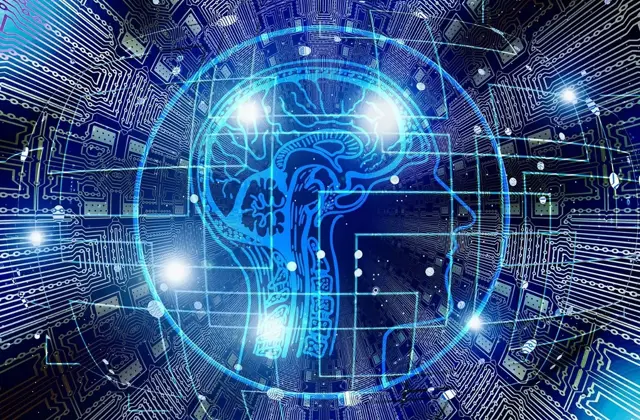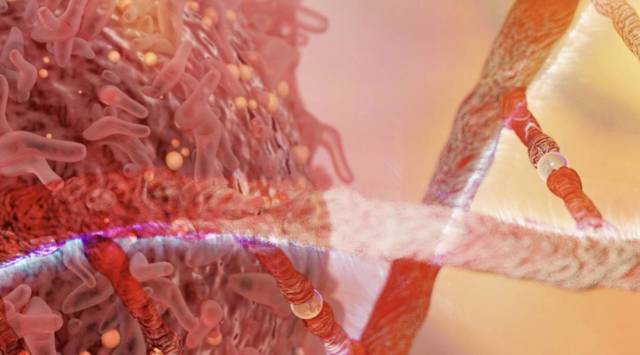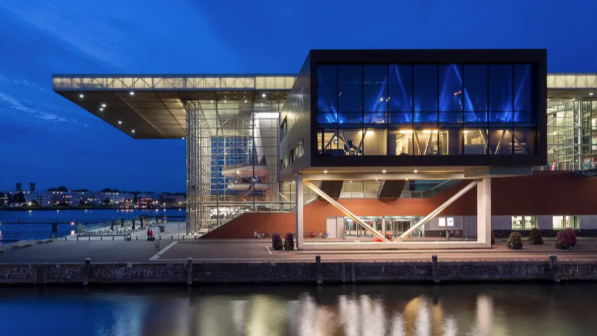< Back to events 
Morning Programme
Pre-requisites for attendees: None.
Things you need to bring: Laptop, Google colab.
In the workshop we will build a shiny app from scratch. You will learn how to connect user interface lements (checkboxes, drop down menus) to the R-code and how to display the result on the web page. After the course, you should have sufficient skills to build your own app.
Pre-requisites for attendees: Basic knowledge of R and Rstudio.
Things you need to bring: Laptops with the latest version of R and Rstudio. 



13 October 2023
Data Science Day
In virtually every academic field, data has emerged as a game-changer. Whether you're a researcher within the humanities, business, engineering, or any other discipline, the ability to collect, analyze, and interpret data allows you to gain valuable insights and drive innovation. Data science has become a common language across faculties, and every discipline has a contribution to make.
The programme of this year's Data Science Day will focus on ‘interdisciplinary data science’ and consists of hands-on and interactive data science workshops, pitch presentations, keynote presentations and the latest updates from the UvA Data Science Centre. There will be opportunities throughout the day to connect with old colleagues and meet new ones too. The full programme will be announced soon.
Enhance your data skills in a hands-on morning workshop at the UvA Bushuis, and then join us for the public event at the KNAW (Trippenhuis Amsterdam). Be inspired by a keynote presentation by Prof. dr. Gabriele Jacobs on responsible AI in the field of public safety, witness the launch of the DSC research laboratory on human-aligned video-AI (DSC HAVA-Lab) and get updated on the latest developments in data science in leading research programmes across the UvA.
There will also be plenty of opportunities throughout the day to connect with old colleagues and meet new ones too.
There will also be plenty of opportunities throughout the day to connect with old colleagues and meet new ones too.
Morning Programme
Workshop 1: Introduction to computer vision by N. (Niklas) Müller and M.W.F. (Max) van Spengler
In this workshop we explore the basics of Computer Vision. We will look into image processing, feature detection, and deep learning for image understanding. We walk through the historic advances of computer vision models, including basic Multi-layer Perceptrons, Convolutional Neural Networks, and finally the state-of-the-art Vision Transformer. The workshop offers you a hands-on introduction to implement these networks with the commonly used Python library for Deep Learning and GPU computing: PyTorch.
In this workshop we explore the basics of Computer Vision. We will look into image processing, feature detection, and deep learning for image understanding. We walk through the historic advances of computer vision models, including basic Multi-layer Perceptrons, Convolutional Neural Networks, and finally the state-of-the-art Vision Transformer. The workshop offers you a hands-on introduction to implement these networks with the commonly used Python library for Deep Learning and GPU computing: PyTorch.
Pre-requisites for attendees: None.
Things you need to bring: Laptop, Google colab.
Workshop 2: A Shiny start - Build an interactive web application in R by Dr. ir. J. (Joachim) Goedhart
The {shiny} package allows you to build interactive web applications (apps) based on R. Web apps are excellent tools for interactive data analysis and data visualization. To get a flavor of the possibilities you can have a look at some of the web apps that we have developed: https://huygens.science.uva.nl/
The {shiny} package allows you to build interactive web applications (apps) based on R. Web apps are excellent tools for interactive data analysis and data visualization. To get a flavor of the possibilities you can have a look at some of the web apps that we have developed: https://huygens.science.uva.nl/
In the workshop we will build a shiny app from scratch. You will learn how to connect user interface lements (checkboxes, drop down menus) to the R-code and how to display the result on the web page. After the course, you should have sufficient skills to build your own app.
Pre-requisites for attendees: Basic knowledge of R and Rstudio.
Things you need to bring: Laptops with the latest version of R and Rstudio.
Afternoon Programme
UvA researchers can participate in interactive workshops during a morning programme, from 09:00 to 13:30 (including lunch). Read more about the morning programme.
UvA researchers can participate in interactive workshops during a morning programme, from 09:00 to 13:30 (including lunch). Read more about the morning programme.
13:30 Walk-ins and networking
14:00 Welcome to Data Science Day
14:05 Updates from UvA theme-based collaboration programmes
14:00 Welcome to Data Science Day
14:05 Updates from UvA theme-based collaboration programmes
- Responsible Digital Transformation theme by Christine Erb
- Sustainable Prosperity theme by Dylan Suijker
- Healthy Future theme by Agneta Fischer
- Fair and Resilient Societies theme by Roel Beetsma
14:35 Interdisciplinary data science collaboration at the UvA: What does it look like?
- Responsible Digital Transformation theme project: Understanding the Human in the Loop - Behavioural insights to develop responsible AI tools by Shaul Shalvi (Faculty of Economics and Business), Chris Starke (Faculty of Social and Behavioural Sciences)
- Writing a 'Paper in a Day' by DSC members Paula Helm (Faculty of Humanities), Owen Kapelle (Faculty of Humanities and Faculty of Science)
- Launch of the DSC HAVA-Lab (winning recipient of the DSC Interdisciplinary PhD Lighthouse Call) by Cees Snoek (Faculty of Science)
15:15 Networking break
15:55 Keynote 'Studying AI in Public Safety: Learnings from a multi-stakeholder perspective' by Gabriele Jacobs, Professor of Organisational Behaviour and Culture at Erasmus University, Principal Investigator AI-MAPS
16:40 Closing remarks
16:45 Networking drinks
18:30 End of event
16:45 Networking drinks
18:30 End of event
Aankomend >
Upcoming events

9 May to 31 October 2025
Unlock the Power of Generative AI in just 8 Days
Are you looking to level up your career in business analytics? Look no further!
read more >

14 may 2025
NKI Early Cancer Detection Conference 2025
We’re excited to share that the NKI Early Cancer Detection Conference 2025 – From Research to Implementation will be this May!
read more >

20 May 2025
National AI in Healthcare Conference 2025: Discover the Future of AI in Healthcare
On May 20, 2025, the first-ever National AI in Healthcare Conference will take place at the Muziekgebouw aan ’t IJ in Amsterdam. This unique event, organized by the NL AIC Health and Care working group and IQVIA, brings healthcare professionals together to explore the latest developments and applications of AI in the healthcare sector.
read more >